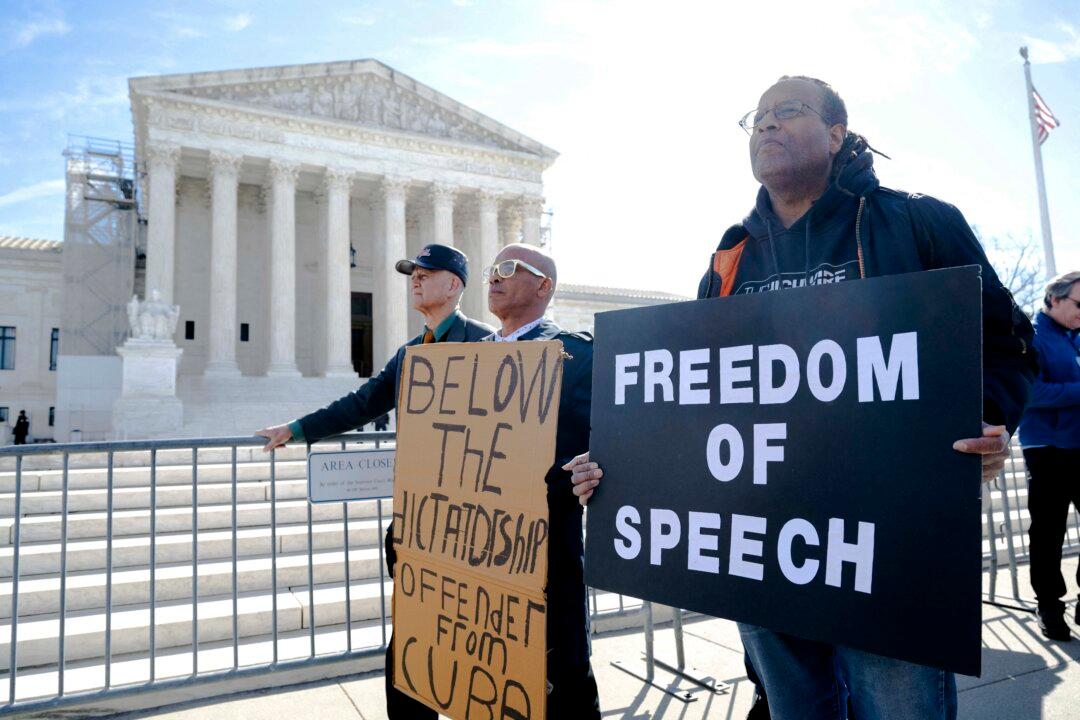Glencore, a commodities trader and mining firm that is a supplier to Tesla, pleaded guilty on May 24 in connection with a decades-long bribery and corruption scheme stretching across Africa and South America. Separately, the company also admitted to manipulating oil prices.
To settle the charges, Glencore agreed to pay the U.S. government $1.1 billion in fines and forfeitures. The guilty pleas were part of a coordinated resolution with criminal and civil authorities in the United Kingdom, Brazil, and the United States.





